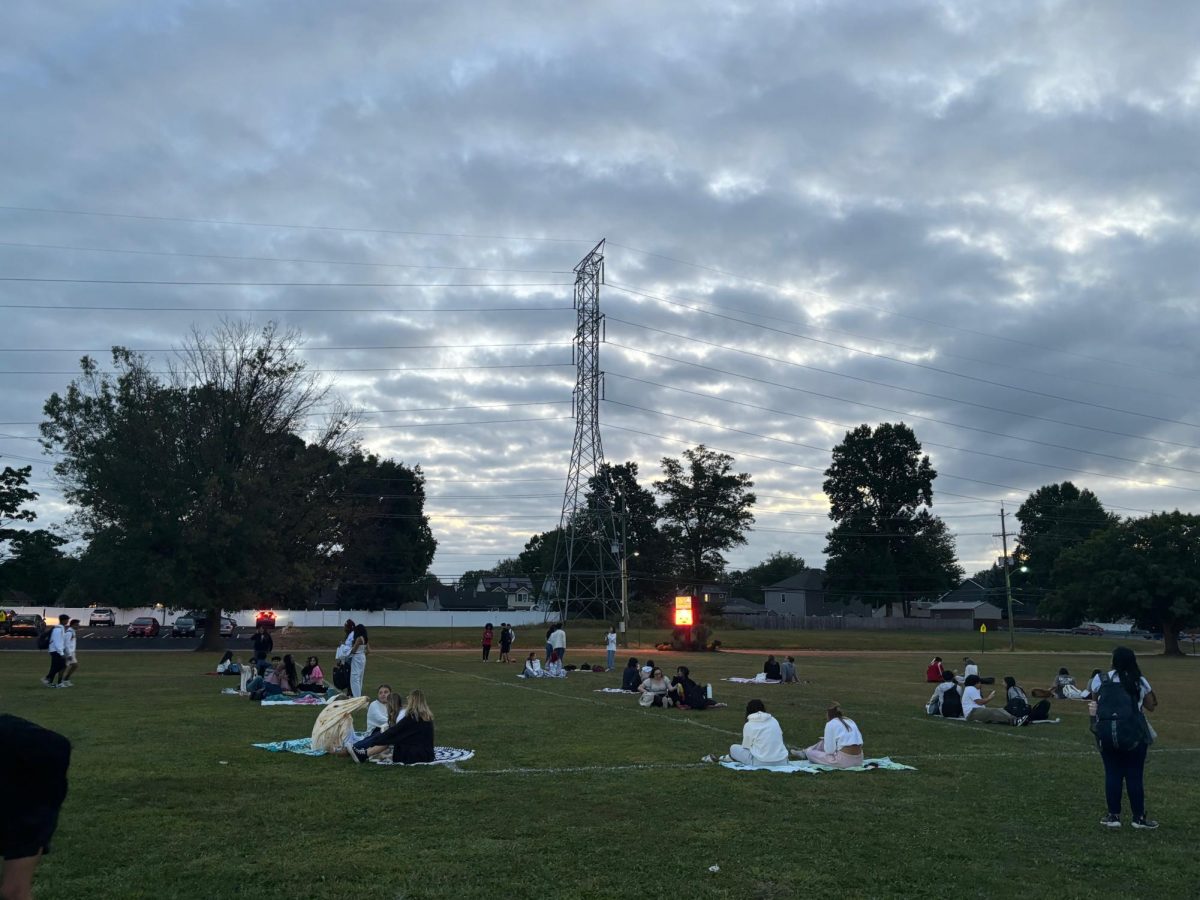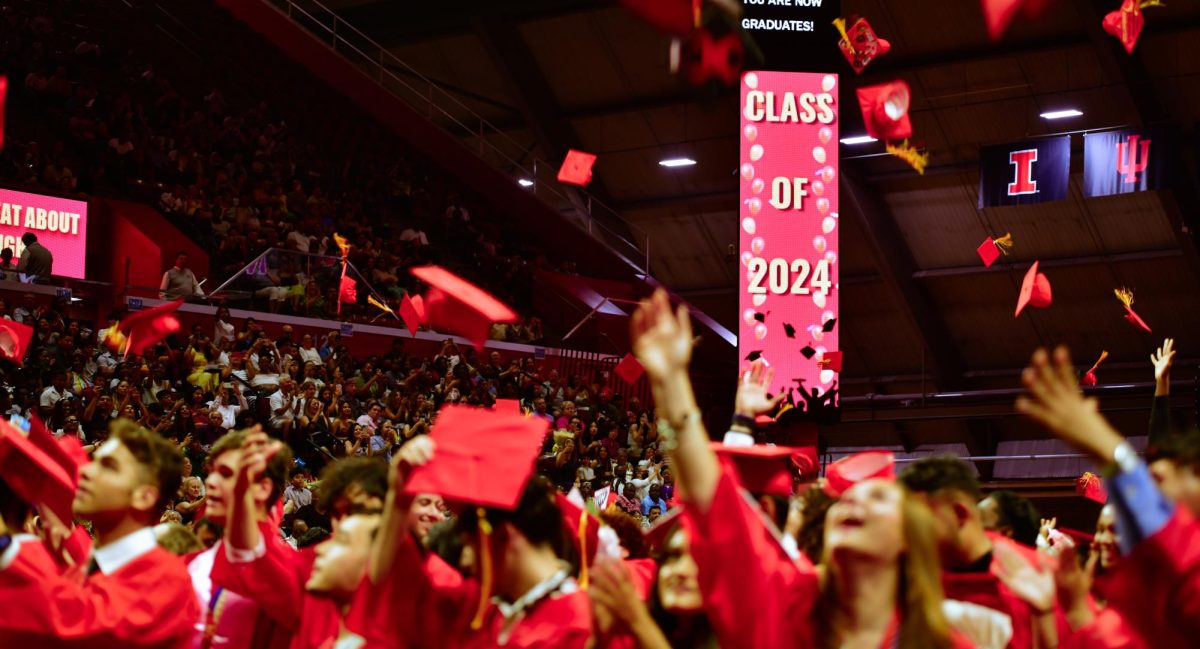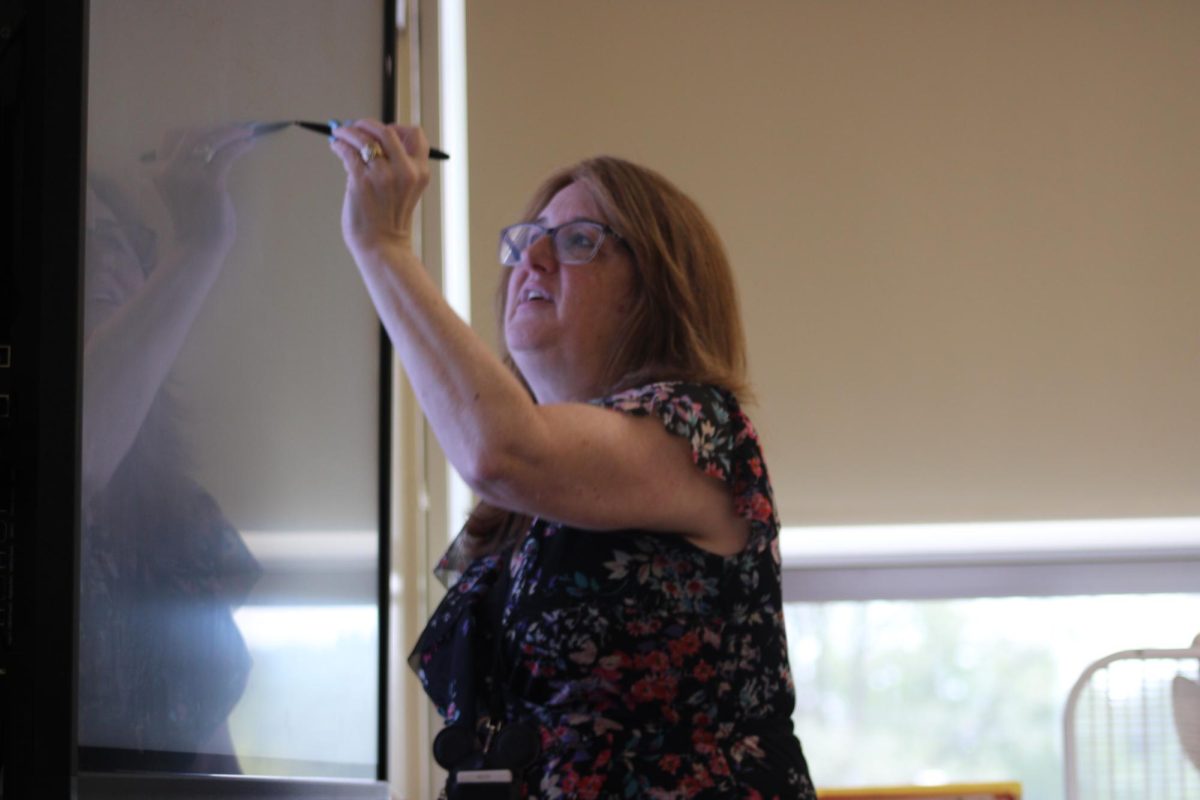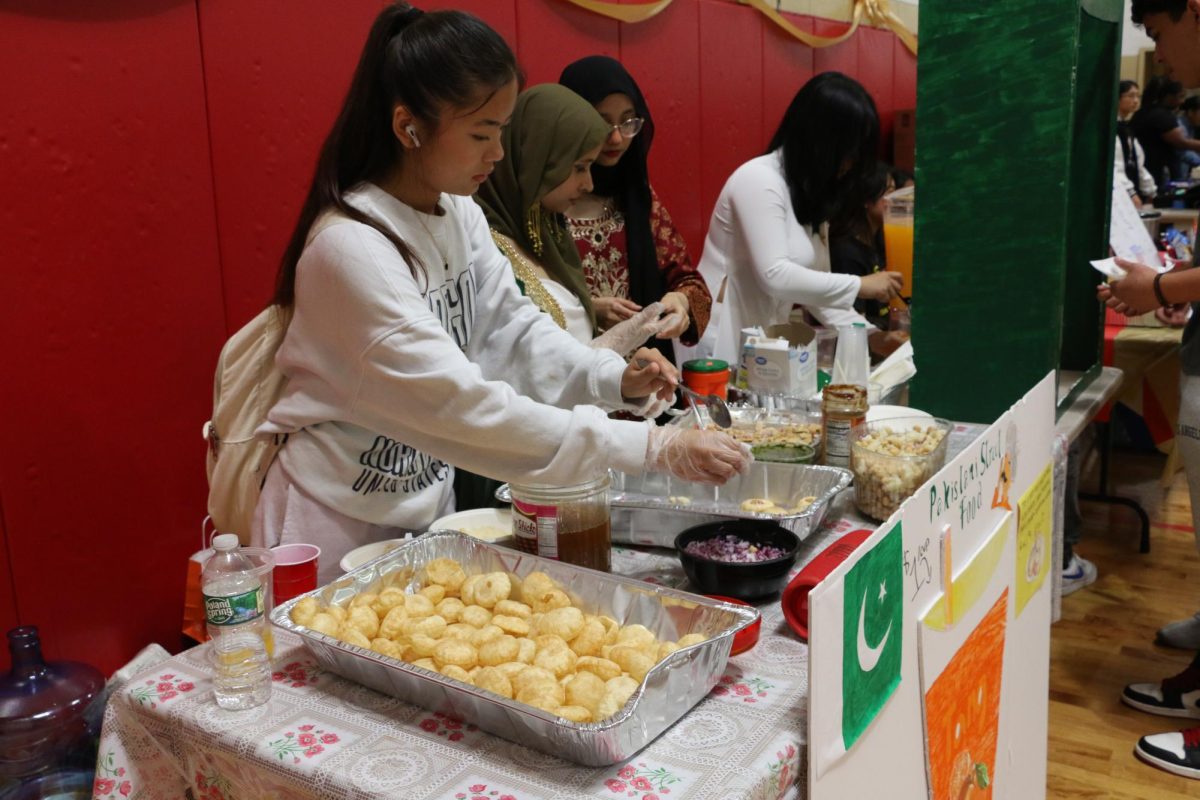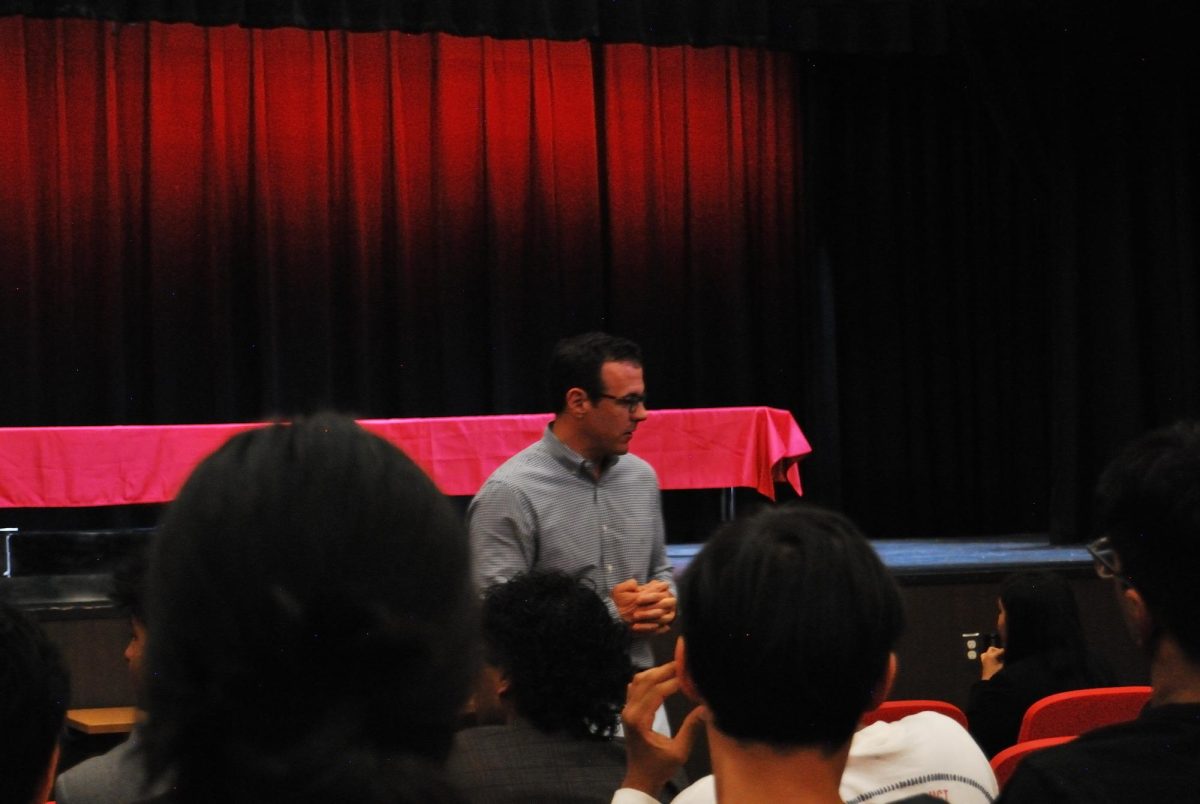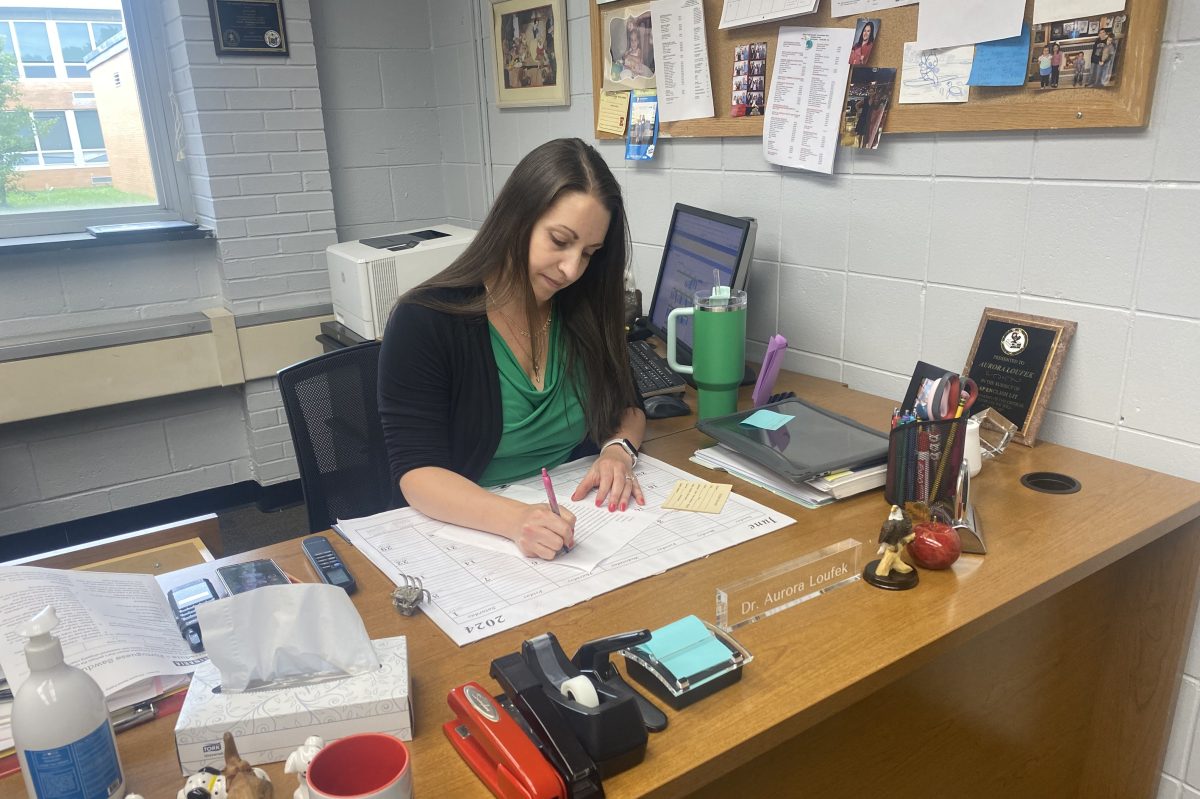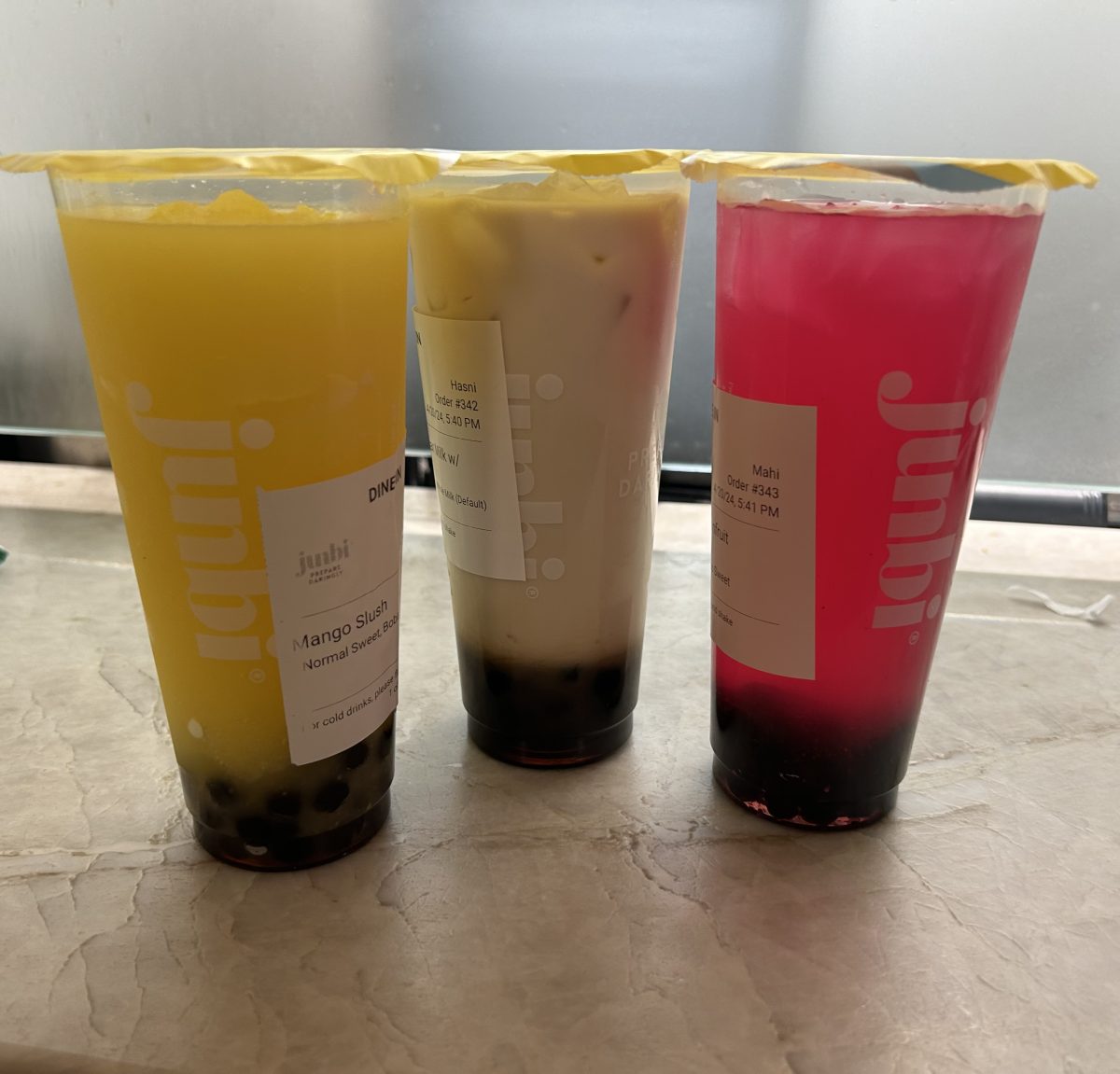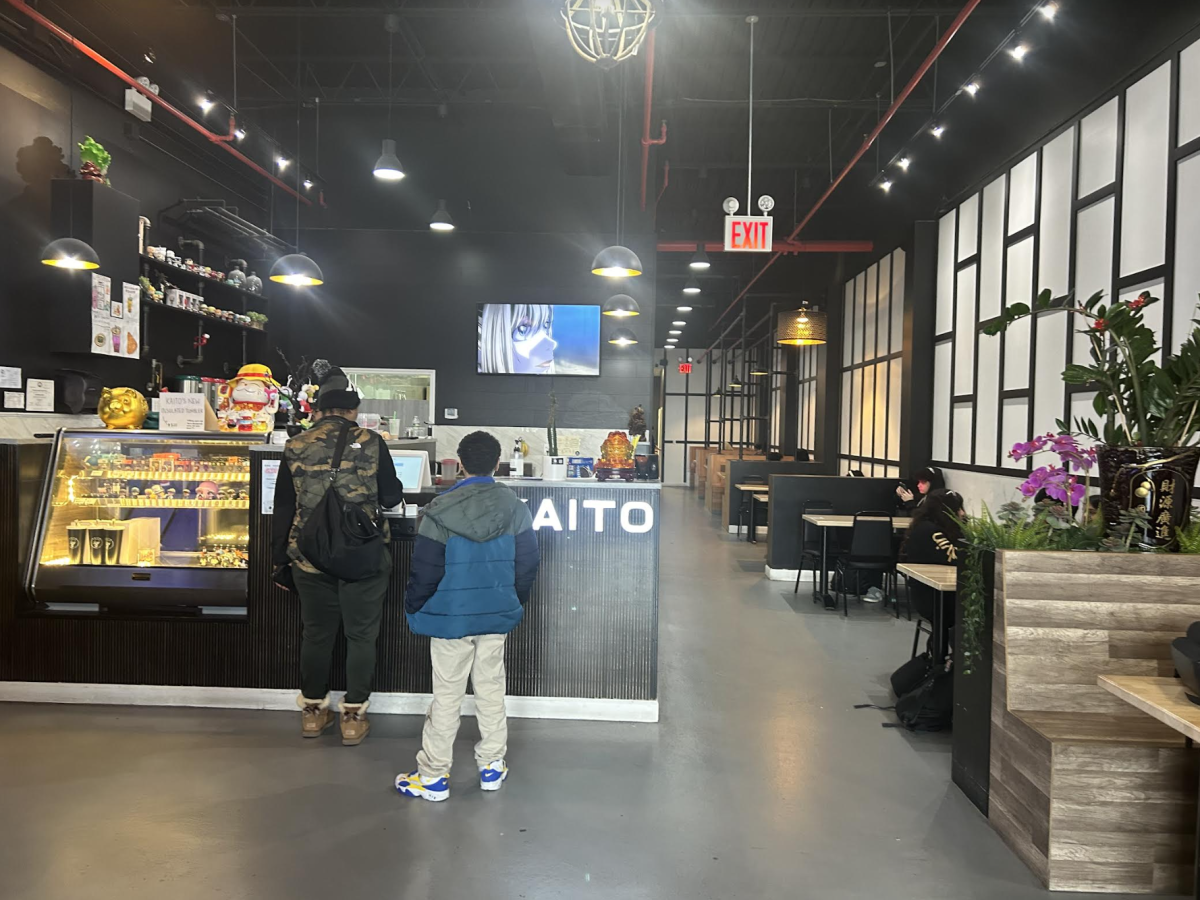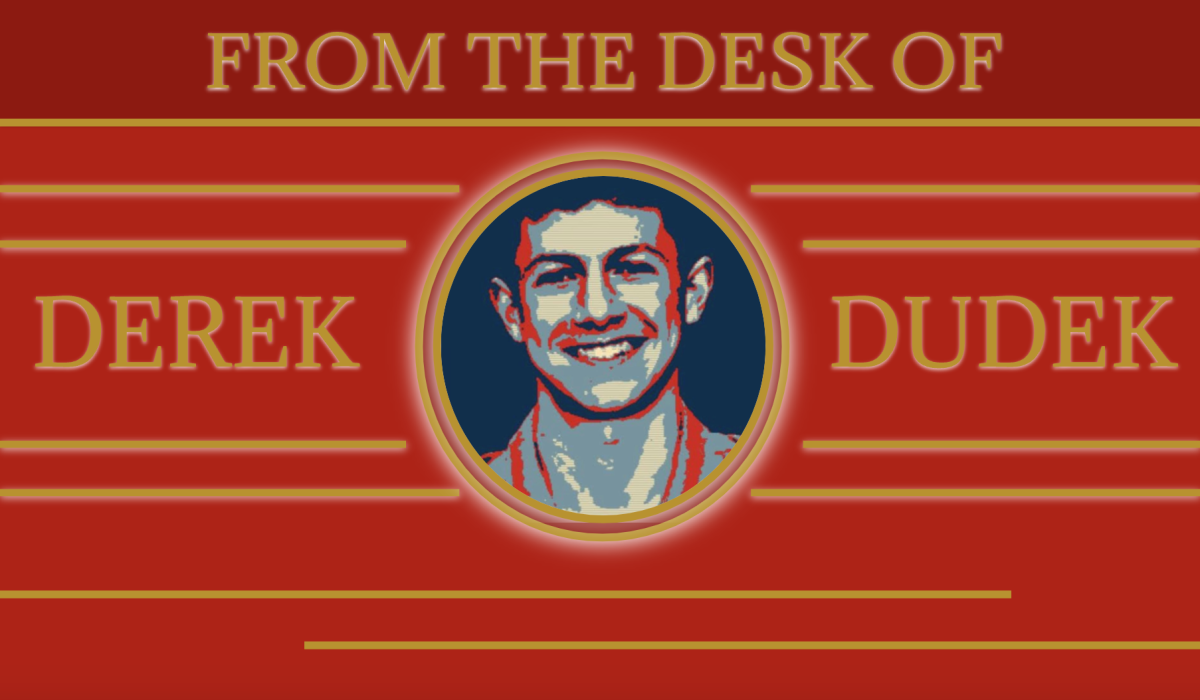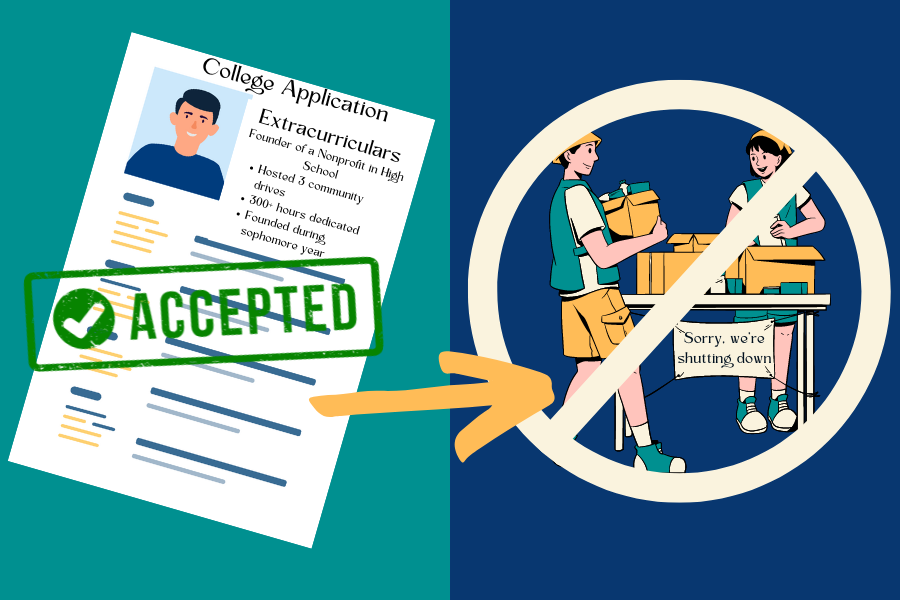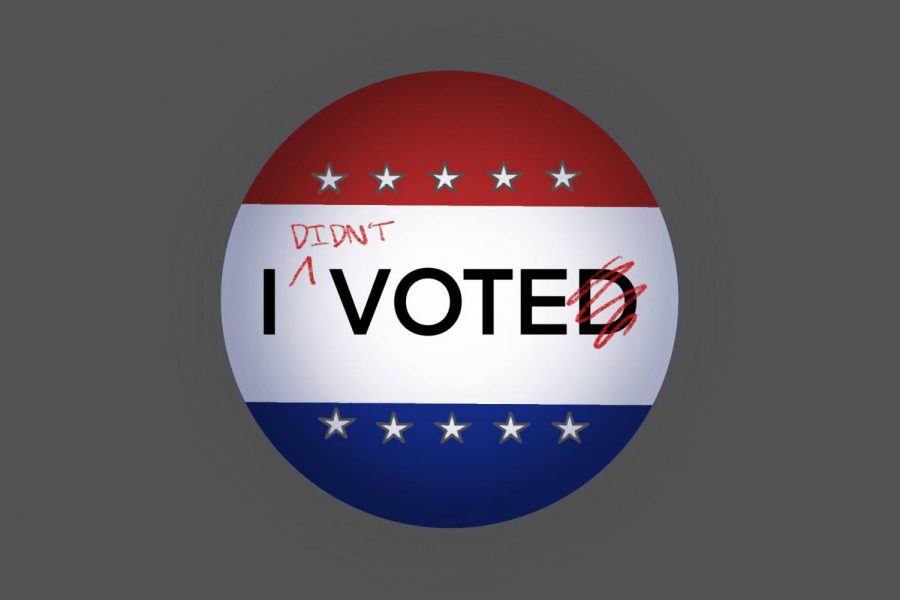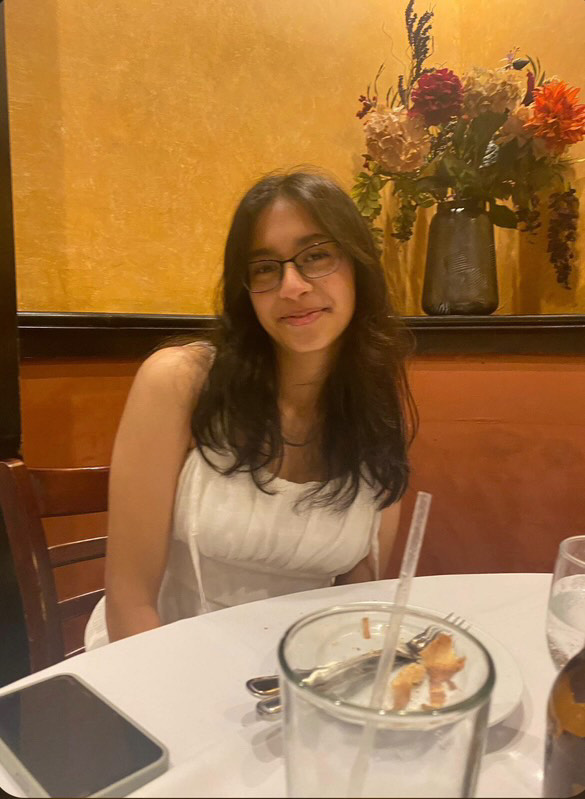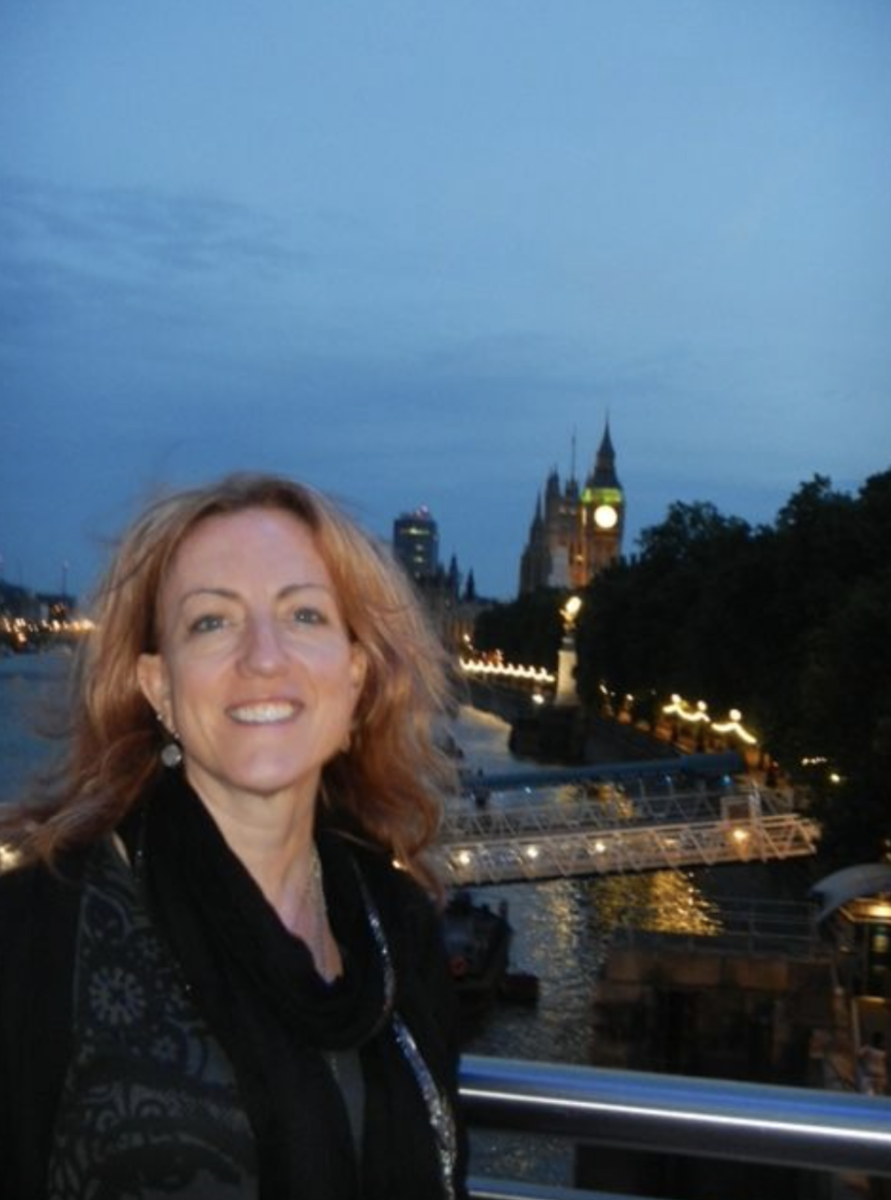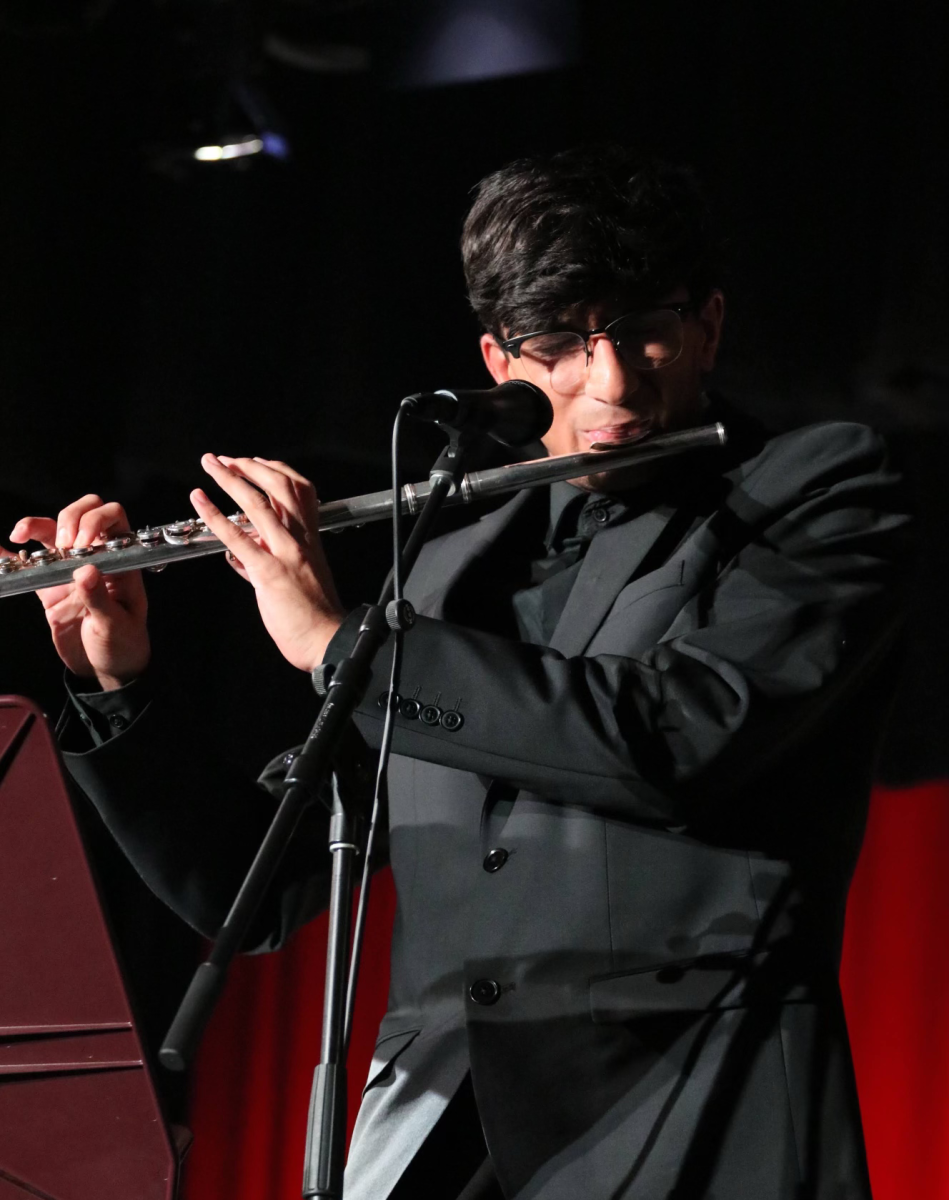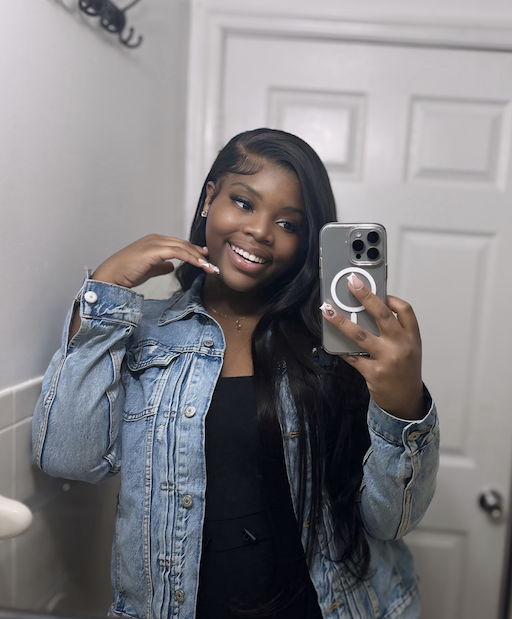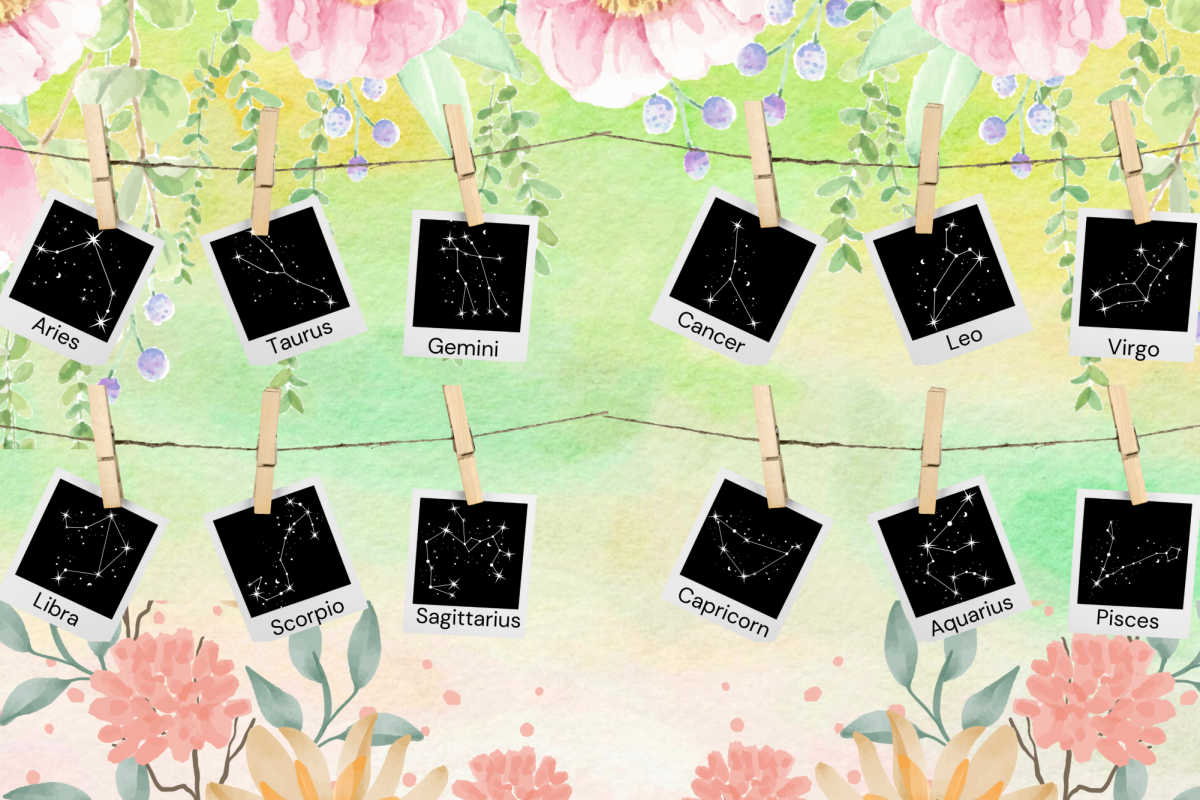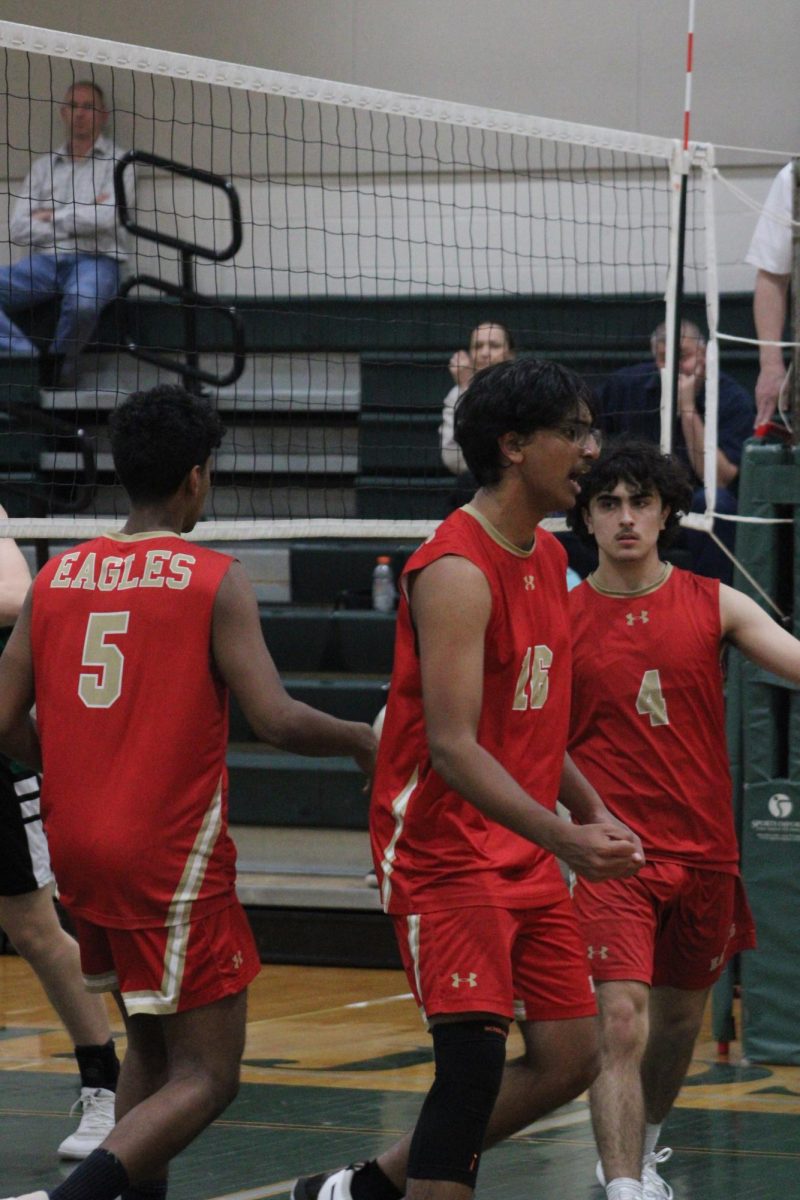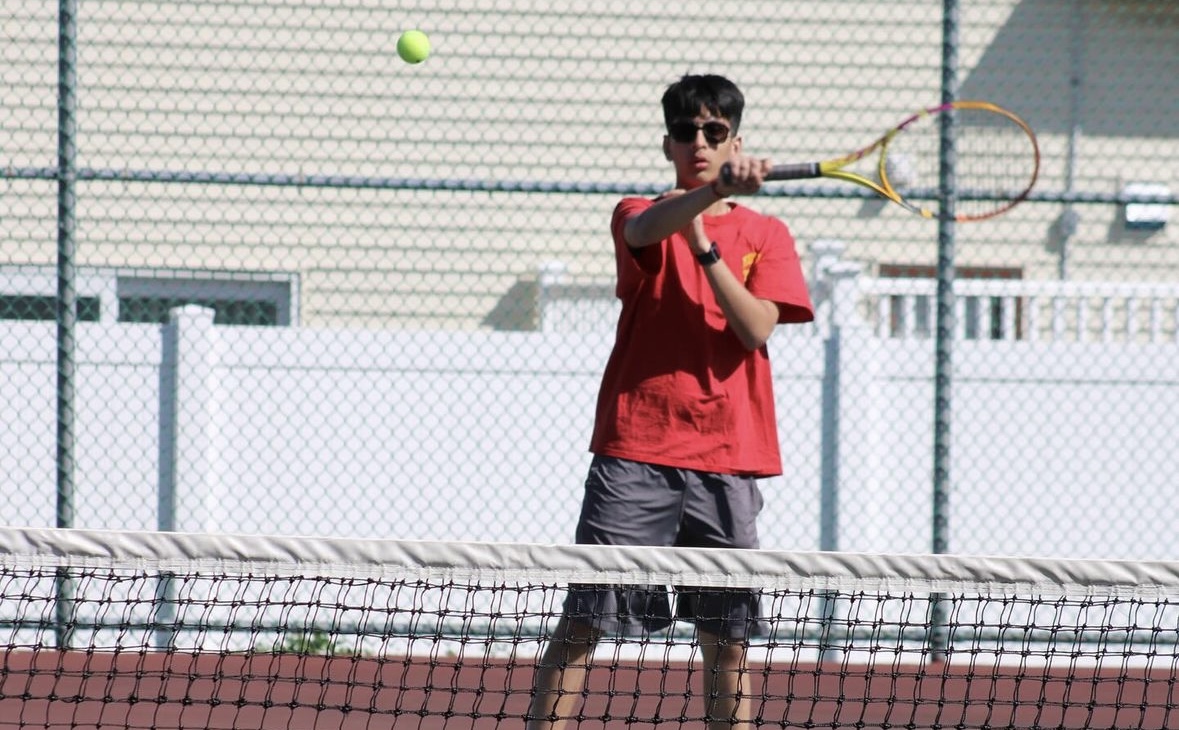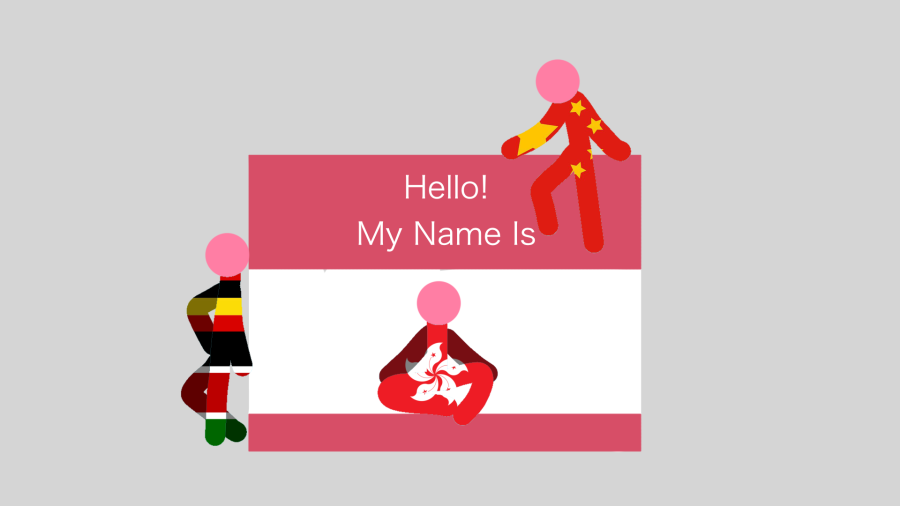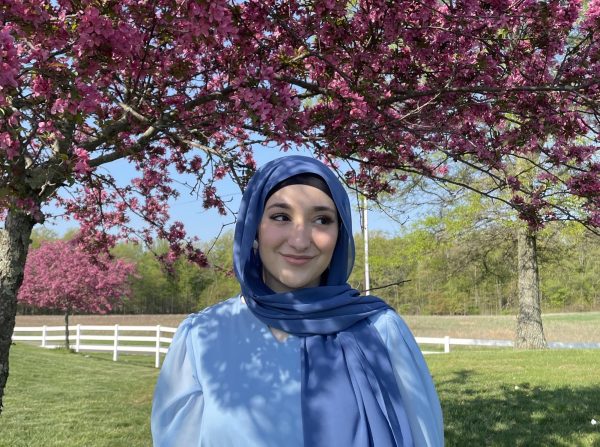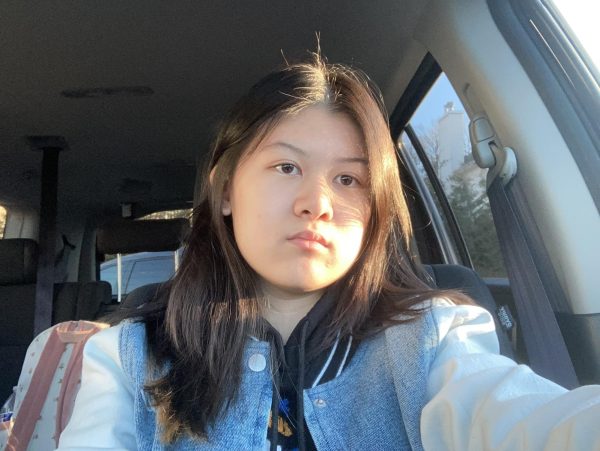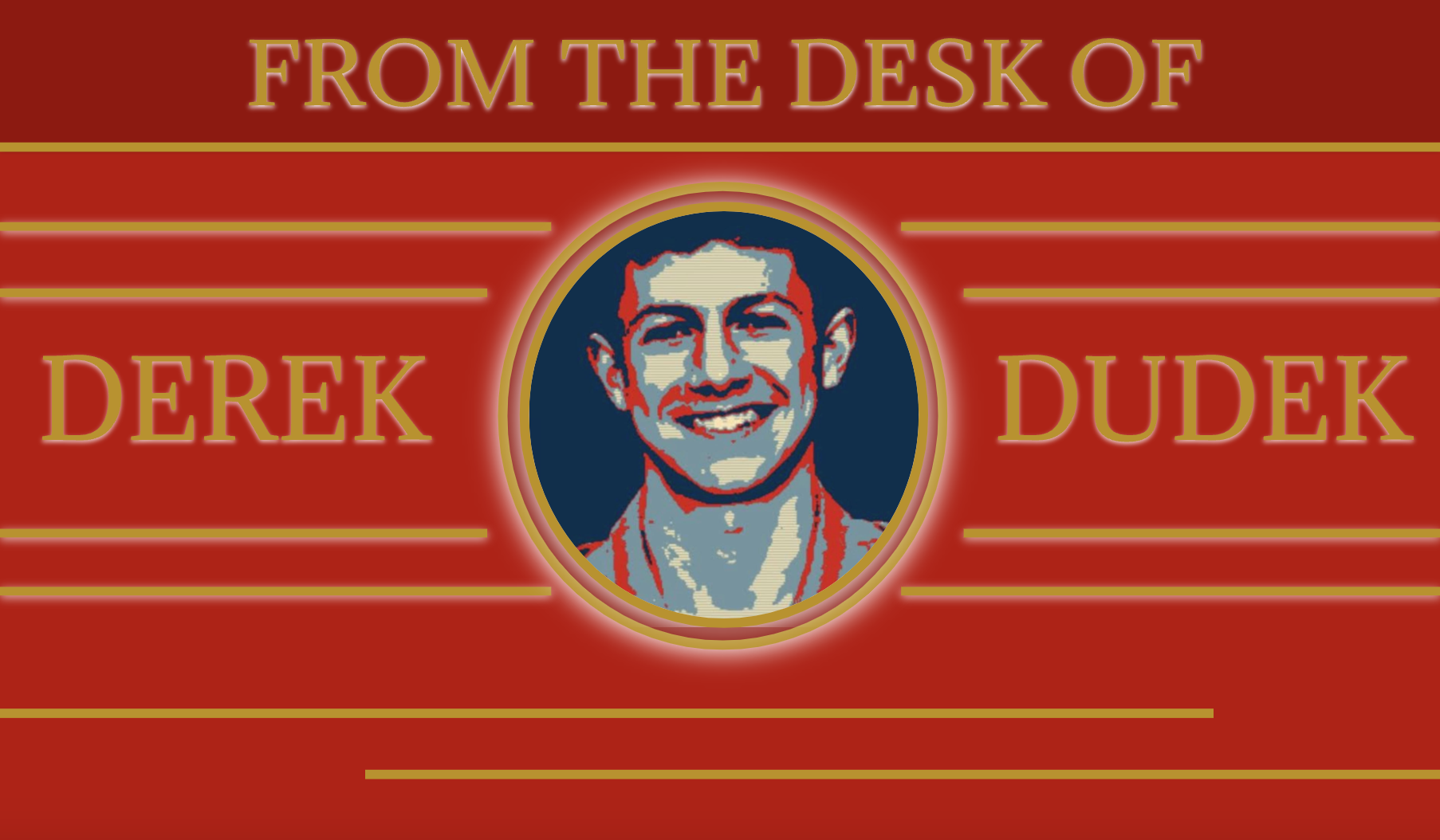What’s in a Name? Should you Change Your Name?
Many people at EHS decide between their given names and Americanized names.
May 1, 2023
Shakespeare’s Juliet claims, “What is in a name? That which we call a rose, by any other name would smell as sweet.” Her assertion is that a name does not change a person; however, names hold meanings that are not inconsequential. April 9 was National Name Yourself Day, a day where people are encouraged to reinvent themselves by temporarily changing their names. And yet, many people choose to change their names permanently.
To Edison High, names mean much more than simply a convention attached to a person: Names are an identity. Names bring with them a history of ethnicity, culture, and family. They help people identify with each other and create subconscious connections. These connections are not always welcomed. For some, this identification leads them to abandon their given names, as fear drives them away from being identified as different. For others, this identifying nature instills pride, growing a community around their name.
When people immigrate to the United States, there is a general idea that people will blend together into a homogenous mixture of cultures. This melting pot, that our nation prides itself in, takes away the true identity of each individual. In this process, people are pressured into accepting American culture, stripped of their own original culture.
Theo Oyulu ‘24, a Kenyan-Ugandan Varsity basketball player and student, has gone by Theo throughout his life here in Edison. Unbeknownst to many, his given name is Assante. His family, like many before them, addresses him by Theo, as a means of assimilating him into the melting pot. The identifiable non-western nature of his name pushed Oyulu’s parents away from keeping Assante as his first name. Oyulu shares that his family had chosen to change his name to Theo in order to allow for ample opportunities in the workplace and within society, ones which he could not be stripped of because of his name.
“[Changing my name] was societal pressure, because you’re moving to America and you want to put yourself in a position to get jobs and things of that nature,” said Oyulu.
Another instance of changing one’s name to assimilate is Ms. Jianzhi Hu, EHS Chemistry teacher and Chinese immigrant, who opts to use her middle name Sabrina instead of her given name Jianzhi. Hu shares that she often introduces herself as Sabrina because being referred to by a Westernized name is less disrespectful than people butchering her name. This choice comes with much consideration as Hu loves her given name. The name Jianzhi has a rich history, is part of her identity, and was given to her by her parents, with whom she has a strong emotional bond. On the other hand, she has reasons to avoid using an identifiably Chinese name like Jianzhi.
“On online forums, I would rather use Sabrina rather than Jianzhi because I don’t need to let people know I’m Chinese… In situations where they don’t need to meet me, I don’t want them to create some kind of bias,” Hu said.
Choosing a Western name is more common among immigrants and children of immigrants. Having an identifiably foreign name implies that a person will face discrimination on some level. Racism and xenophobia are subconsciously instilled in many Americans’ lives due to the country’s deep history of institutionalized racism and xenophobia. Edison, however, has people from all different backgrounds, with a large percentage of Non-White students. In spite of our diversity, students share being teased on the basis of their names. Some teachers will attempt to distort names in order to avoid putting in the effort of learning a new name and some students will make fun of cultural names by equating them with demeaning allusions.
“Teachers can’t pronounce your name and make variations of your name because they think it’s funny when it’s not, but it’s a part of being a person of color,” said Adedoyin Ayeni ‘23.
Over the years, however, students have become more accepting of their names.
“It was only when I went to visit my dad’s side of the family in Africa, did I realize just how special the name Assante is,” Oyulu shares. He decided to make the shift to using Assante this year and is working to implement its use in his daily life. This change presents the possibility of repercussions, such as the ones that pushed for the original switch. Oyulu is willing to accept those possibilities in an effort to reclaim his name.
“Embrace the real you… if somebody doesn’t give you an opportunity because you go by your given name, maybe that opportunity wasn’t destined for you in the first place,” said Oyulu.
Ms. Sinyee Muglia—a guidance counselor and Hong Kong native—also reflects on her use of her Western name over her Chinese name. Since the British occupation of Hong Kong, having both a Chinese and a Western name is commonplace, explaining the reason her name is SinYee Cindy Muglia.
As an EHS alumnus, Muglia used the name Cindy throughout high school.
“When I was in high school, I definitely veered towards using my American name and I feel differently now that I’m in my 30s. There’s more of a sense of pride in my identity,” she said. Upon reflecting on her past, Muglia realizes that using her Western name made her lose a piece of her Chinese identity. Her story represents the students and teachers who have been estranged from their given names.
To those who feel disassociated from their cultural names, the choice is yours to make.
“Be proud of where you came from, and it’s cool being you,” said Ayeni.
Each name carries a history and keeps you from becoming another John or Jane Doe. Your name is your identity and you should wear it with pride. Happy National Name Yourself Day!

